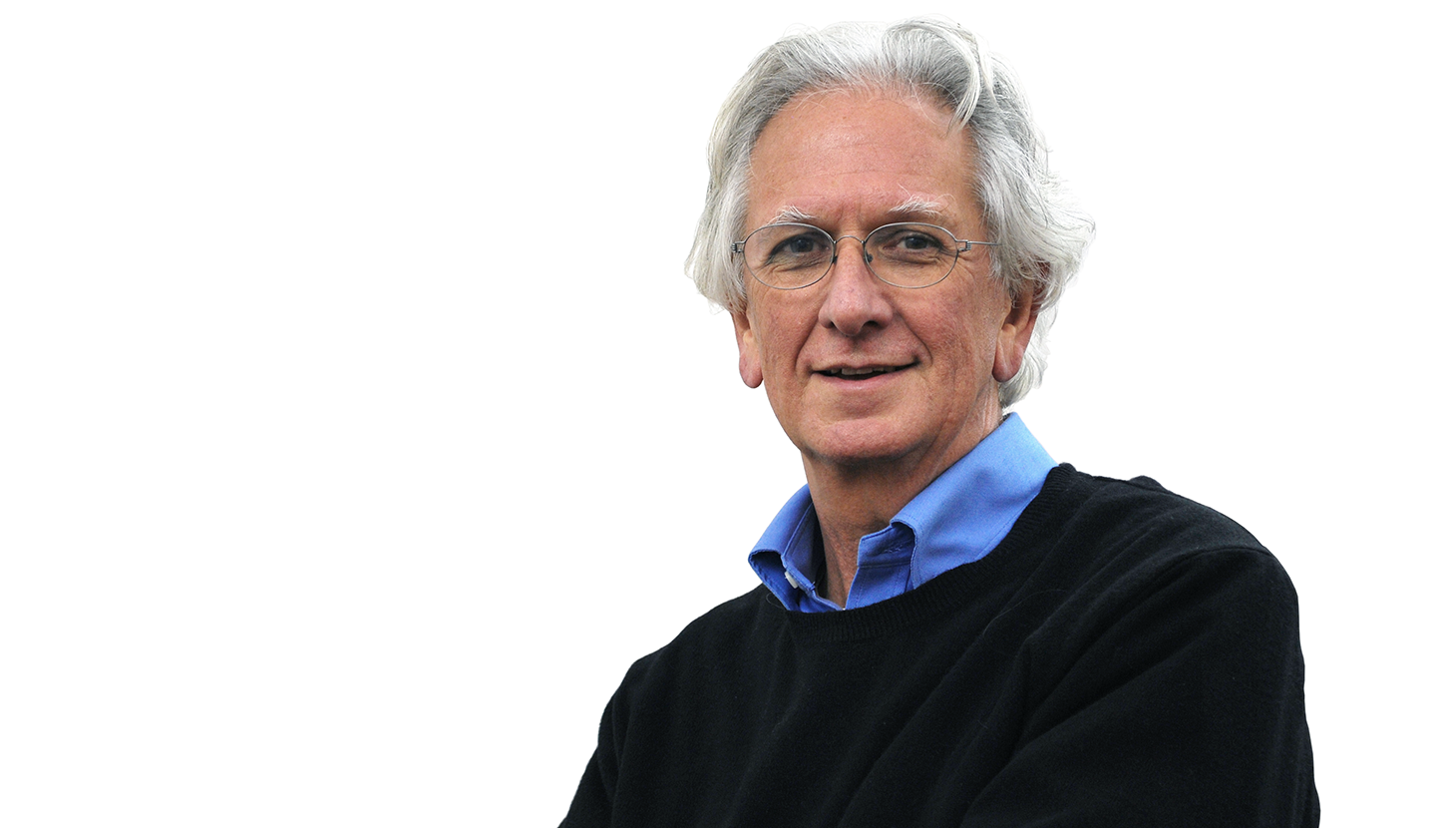 Words by David Porter AoU is professor of architecture at the Central Academy of Fine Art in Beijing
Words by David Porter AoU is professor of architecture at the Central Academy of Fine Art in Beijing
Jonathan Meades is right, there is no such thing as a boring place. All places get interesting once you look. It all comes down to the quality of the looking, of being really attentive. The more you look the more you see. So if boring places become interesting when you really look, imagine what happens when we focus on great places.
That’s why the Academy’s assessment visits are so stimulating. During the normal daily round I look at places that I am passing through, but don’t have the time to take a really hard look. On the assessment visits the place is the thing, the subject of my attention. Instead of just looking at things I am looking for things and, having been primed before we start, I am looking out for things. So I am much more attentive than I would be when just passing through.
I find that each new place triggers memories of other places visited in the past and places that I have read about, seen in movies, browsed on the web – even happy holiday memories cross my mind. Without really thinking twice, comparisons are made. So I don’t come as a clean sheet waiting for the place to make its impression upon me. My accumulated interest in places has left me with a viewpoint and my own pet-theories as to what makes a good place and what changes can be made to help a place get better. If I am honest, this is something of a ragbag of notions and pet-theories, a patchwork perhaps, but a serviceable one.
So in visiting a new place I find myself making comparisons with other places that preoccupy me and find myself asking “why here and not there?” or “why there but not here?” I am not just learning about the place I am in, I am learning about all the other places that spring to mind, places recalled from the past when I am in the here and now. By looking really hard and comparing, I am finding unexpected things, which is always exciting. I am hoping to find the unexpected and learn most when I do. This is intuition in action. A word that sounds a bit ‘subjective’ or even ‘unscientific’. But let’s put it this way: if intuition was alright for Einstein when devising the general theory of relativity, then why should we urbanists shy away from it?
To quote another great scientist, Louis Pasteur: “chance favours the prepared mind”. For ‘prepared mind’ read ‘educated intuition’. So perhaps one of the reasons for visiting places so attentively is to keep educating our urban intuitions, to refine, fine-tune, or to use a contemporary term, to recalibrate them.
If this description holds true then the implication is that, when learning from place, I am using the place to learn about myself! Or at least, learning more about my own perceptions, preconceptions and pet-theories, testing and refining them. I use the place as a mirror, as a source of reflection.
But hang on a minute… the really great thing about these visits is that I am not alone. I am in company, and special company at that: other Academicians – people with a common set of values but who have travelled different routes to get to them. They have different ways of seeing things. I am learning from their response to the place we’re in, from their thoughts, perceptions, expertise, and their set of reference points. Sometimes the place is foreground and sometimes it is the conversation that is the thing, and the place itself, having triggered the conversation, slips from attention – I am listening to what you have to say (and thinking about what I might say in reply). So when we visit we don’t just look, we question and we talk.
Making sense of a place collectively is the way to guard against the downside of accepting less than pure ‘objectivity’. The downside is personal whim or prejudice. So seeking something worth sharing with others, something that may be relevant to them, creates enough objectivity for the observations to stand. In the end, learning from place is not about a struggle to achieve objectivity, but the collective search for insight, seeing afresh, seeing beyond conventional wisdom, finding a new pattern of relationships and values and being able to share them.
For those who couldn’t make the visits, I hope that you will learn a great deal from the reports that will be published on the web. You will learn a lot. But not as much as you would by being ‘in place’ and with others. You are getting the tip, but not the whole iceberg.
David Porter AoU is professor of architecture at the Central Academy of Fine Art in Beijing